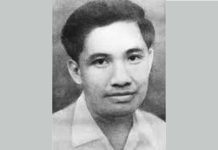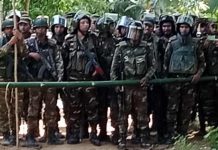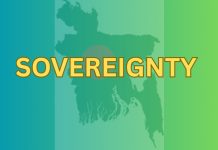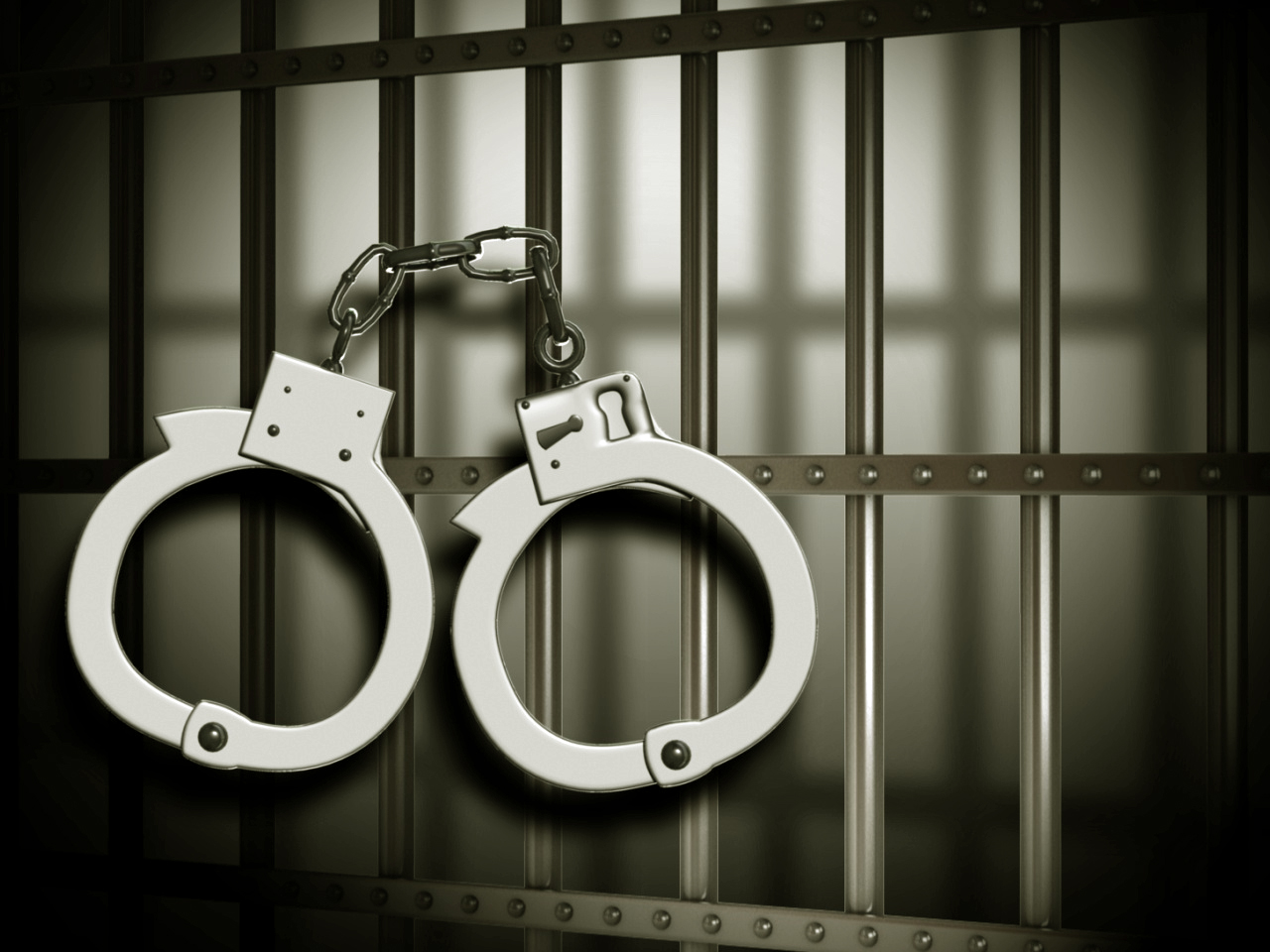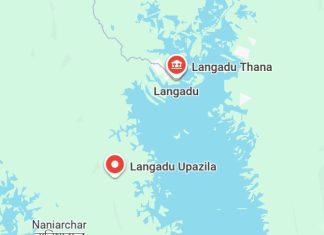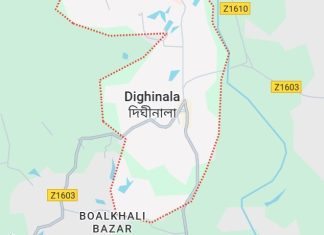
Commentary
Yesterday (17 November 2025), the International Crimes Tribunal sentenced former Prime Minister Sheikh Hasina and former Home Minister Asaduzzaman Khan Kamal to death for crimes against humanity committed during the July people’s uprising. Responding to this historic verdict, Chief Adviser Dr. Yunus said, “This verdict and punishment reaffirm a fundamental principle – no matter how powerful one is, no one is above the law.” In a statement, he commented that the verdict has brought at least a limited measure of justice to the families affected by the July 2024 uprising.
In a civilized society, the rule is that if someone commits a crime, they should be punished through due process, and the victims should receive justice. But is this rule in force in the Chittagong Hill Tracts (CHT)? Is the principle Dr. Yunus spoke of being applied in the hills? The powerful people who constantly commit crimes and violate human rights in the CHT face no punishment. Just as there was no precedent of their punishment in the past, none exists today either.
Leaving aside the genocides and countless human rights violations committed during the regimes of Zia, Ershad, Khaleda, and Hasina—what about the communal attacks, massacres, and killings that took place in the hills during the tenure of Nobel Peace Prize winner Dr. Yunus himself? Even those crimes are not being tried or punished. The powerful here still remain far above the reach of the law. On 28 September, soldiers of the Guimara Brigade in Khagrachari indiscriminately fired and beat to death three Marma youths. To this day, no one has been arrested for this murder. Not even a single person has been charged in the police case. Those involved in this attack and killing are highly powerful—so the law cannot touch them.
A year before the Guimara attack, on 19 September, the army beat and shot dead three hill people in Dighinala and Khagrachari. The next day, on 20 September, during a communal attack on hill people in Rangamati town, settlers beat to death a college student named Anik Chakma. Over those two days, extensive arson and looting took place in Dighinala and Rangamati. These attacks and killings also remain unaddressed. Even the investigation reports have not seen the light of day. The Yunus government has failed to deliver even the slightest measure of justice to the affected hill people and their suffering families.
It is a proven fact that in the CHT, even when the powerful commit the gravest crimes against humanity—genocide, ethnic cleansing—there is no justice. Here the law exists only in books, not in practice. There is a court, but no justice. The powerful get away with horrific crimes without any punishment because the region is under de facto military rule.
A false narrative is propagated to justify oppression of the hill people: that they want to secede from Bangladesh. But who has actually isolated the CHT? Who has imposed restrictions on foreign citizens traveling to the region, effectively cutting it off from the outside world? One of the 11 directives issued by the Ministry of Home Affairs in 2015 states: “If any local or foreign individual/organization wishes to meet or hold discussions with tribal people in the hill region, the presence of the local administration and the army/BGB must be ensured.” Through this directive, who is isolating the hill people from the rest of the population of this country? Dr. Yunus’s International Crimes Tribunal has sentenced former Home Minister Asaduzzaman Khan Kamal to death, yet the Yunus government has retained those same 11 directives—unconstitutional, discriminatory, and deeply insulting to the hill people—which were issued by him.
The hill people indeed demand autonomy—but within the territory of Bangladesh and within the framework of the national constitution. Autonomy is typically granted to one or more regions within a state. In many countries, minority nationalities enjoy various degrees of autonomy. Looking around the world, we see that the stronger a country’s democracy, the greater the extent of autonomy enjoyed by its minority peoples. In other words, one of the measures of democracy in a country is the scope of autonomy granted to minorities. By this measure, the absence of autonomy in the CHT is evidence of the lack of democracy in Bangladesh.
Democracy and justice go hand in hand. If one exists in a country, the other does as well. Just because war criminals were tried and executed during Hasina’s rule, or because Hasina herself received a death sentence yesterday, does not mean everyone in this country receives equal justice. In Bangladesh, the law is not applied equally to all. Justice is not for everyone. Here, only those in power or with influence receive justice—ordinary people do not, ethnic minorities do not, religious minorities do not.
In this country, the law is nothing but a tool to suppress opponents. For as long as you hold power, you can commit the vilest crimes and still walk free. No matter how long the arm of the law is, it cannot even touch a hair on your head. This situation has not changed even after the uprising of 2024. And it is unlikely to change even after the new government is formed through elections next February.
This mountain-high inequality in the application of the law must end. That is precisely the spirit of the 2024 people’s uprising. Therefore, if a former prime minister (i.e., a former powerful person) like Sheikh Hasina can be tried and punished, why shouldn’t the Guimara Brigade Commander Abul Kalam Shamsuddin Rana, or Abdul Mottaleb Sajjad Mahmud—the founder of the vigilante group and a complicit in the 2018 Swayanirbhar seven-murder case (whom the Yunus government appointed as Director General of Bangladesh Ansar & VDP)—or Lt. Ferdous, who abducted Kalpana Chakma, also be tried and punished? How long will the powerful remain above the law in the hills? Even if Dr. Yunus cannot politically resolve the CHT crisis during his time in office, he can at least bring the powerful here under the rule of law.
(18 November 2025)
—————

